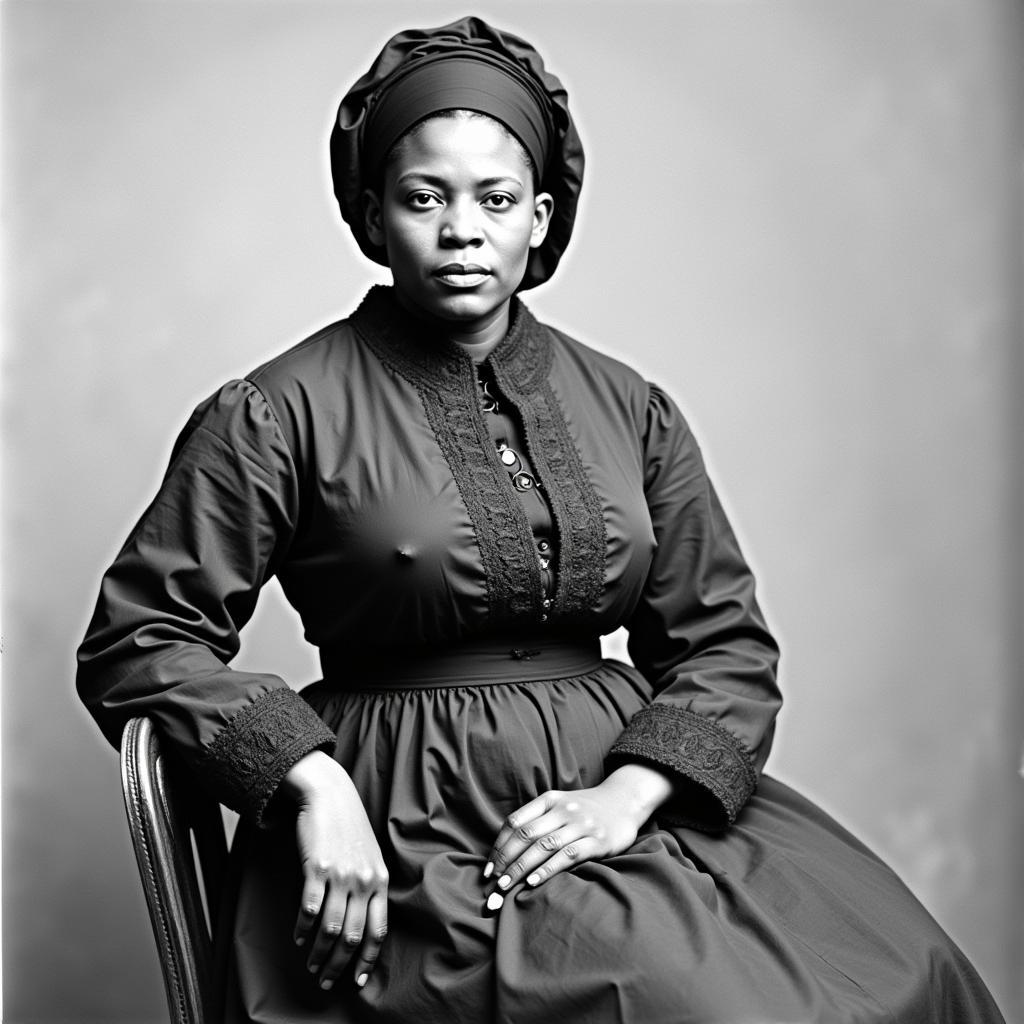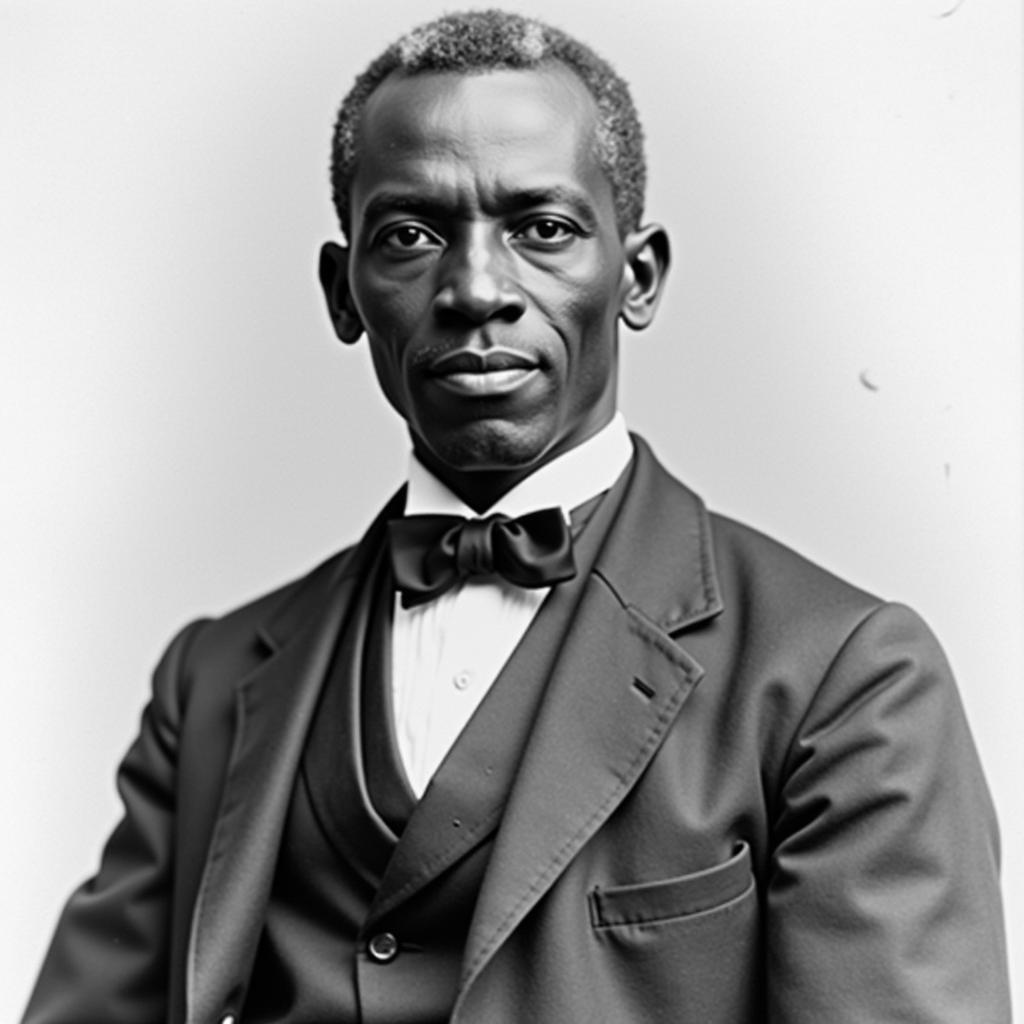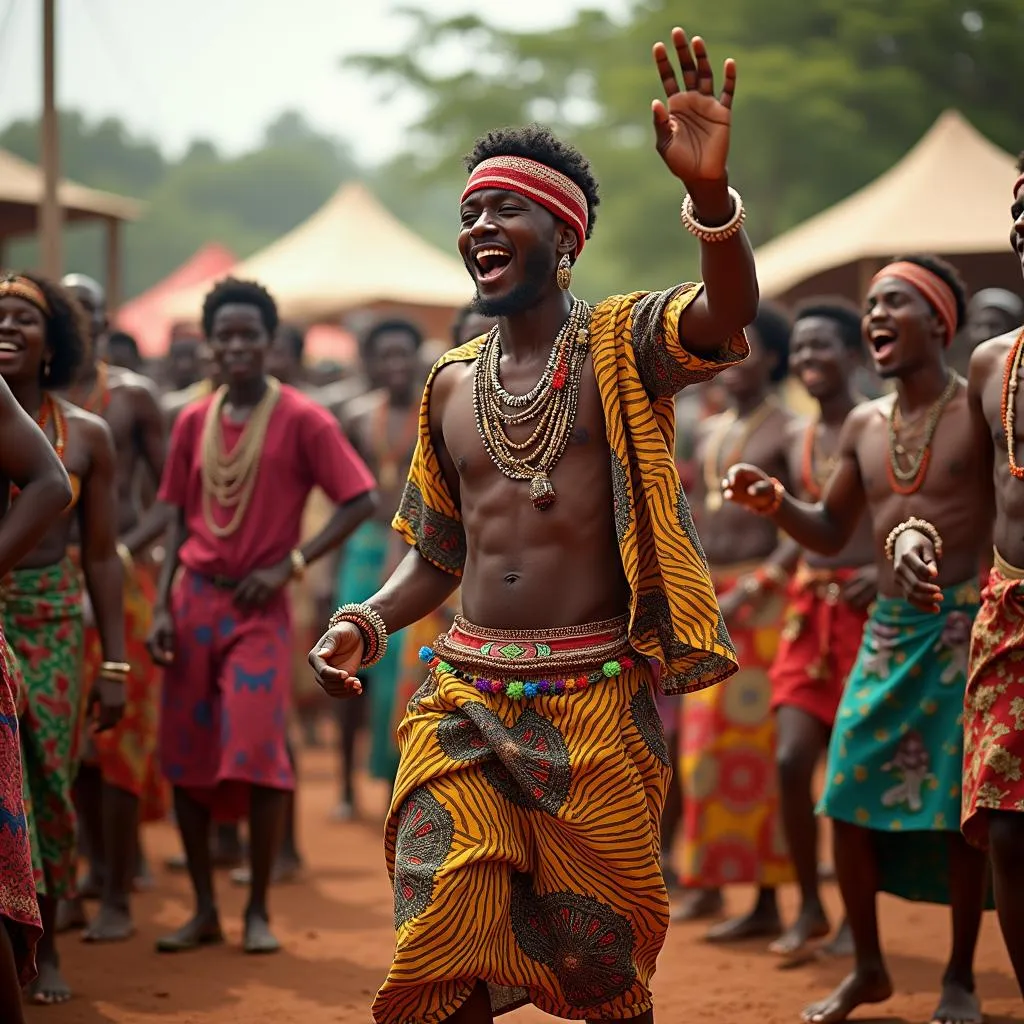African American Poets of the 19th Century: Voices of Resilience and Resistance
The 19th century was a defining era for African American literature, marked by the profound impact of slavery and the struggle for freedom. African American poets of this period used their voices to bear witness to the horrors of slavery, celebrate Black resilience, and advocate for social justice. These poets, writing against the backdrop of immense adversity, created a body of work that continues to resonate deeply with readers today, offering poignant reflections on the Black experience in America.
The Dawn of Literary Resistance: Phillis Wheatley and Jupiter Hammon
The 19th century inherited a literary legacy from pioneering figures like Phillis Wheatley and Jupiter Hammon, both born in the 18th century. Wheatley, the first published African American female poet, captivated audiences with her eloquent verses, challenging prevailing notions about Black intellectual inferiority. Her poems, often imbued with religious themes, reflected her own experiences as an enslaved woman while navigating the complexities of early American society.
Jupiter Hammon, considered the first published African American poet, used his platform to condemn slavery and advocate for Christian values. His poems, marked by their religious fervor and moral clarity, urged slaveholders to recognize the humanity of enslaved people. Hammon’s direct address to white audiences distinguished his work, urging them to confront the sin of slavery.
These early voices established a foundation for later 19th-century poets who would continue to challenge injustice and celebrate Black identity through their writing.
Confronting Slavery: Voices of Witness and Resistance
The brutality of slavery became a central theme for many African American poets of the 19th century. Frances Ellen Watkins Harper, a prominent abolitionist, suffragist, and poet, utilized her literary talents to expose the horrors of slavery and advocate for its abolition.
 Portrait of Frances Ellen Watkins Harper
Portrait of Frances Ellen Watkins Harper
Her poems, such as “Bury Me in a Free Land” and “The Slave Mother,” vividly depicted the emotional toll of slavery on individuals and families, appealing to the conscience of her readers.
Similarly, George Moses Horton, a self-taught poet born into slavery, used his powerful verses to articulate the pain and injustice he endured. Horton’s poems, often infused with a longing for freedom and literacy, offered a poignant glimpse into the realities of slavery. His work, characterized by both despair and hope, reflected the complexities of the Black experience during this tumultuous period.
Beyond Abolition: Exploring New Themes and Styles
While slavery remained a central concern, 19th-century African American poets also explored a range of other themes, including love, nature, family, and faith. Paul Laurence Dunbar, one of the most celebrated poets of the late 19th century, gained recognition for his mastery of both standard English and Black dialect.
 Portrait of Paul Laurence Dunbar
Portrait of Paul Laurence Dunbar
Dunbar’s poems often explored the complexities of Black identity in a post-slavery society, capturing the nuances of Black life with sensitivity and insight. His work transcended racial boundaries, earning him critical acclaim from both Black and white audiences.
Enduring Legacy: Shaping the Future of African American Literature
The 19th century witnessed the emergence of a powerful and distinctive African American literary tradition. These poets, writing against the backdrop of oppression and resilience, gave voice to the Black experience, challenging social norms and inspiring generations to come. Their work laid the foundation for the flourishing of African American literature in the 20th century and beyond.
From Phillis Wheatley’s elegant verses to Paul Laurence Dunbar’s poignant reflections, these poets left an enduring legacy, shaping the landscape of American poetry and continuing to resonate with readers today. Their words serve as a testament to the power of language to confront injustice, celebrate resilience, and inspire change.
FAQs about African American Poets of the 19th Century:
-
Who were some of the most prominent African American poets of the 19th century?
Some of the most prominent poets include Phillis Wheatley, Jupiter Hammon, Frances Ellen Watkins Harper, George Moses Horton, and Paul Laurence Dunbar. -
What were some of the common themes explored by these poets?
Common themes include slavery, freedom, resistance, Black identity, love, nature, family, and faith. -
How did their poetry contribute to the abolitionist movement?
Many poets used their writing to expose the horrors of slavery, advocate for abolition, and appeal to the conscience of their readers. -
What is the significance of Black dialect in 19th-century African American poetry?
Poets like Paul Laurence Dunbar utilized Black dialect to authentically portray Black voices and experiences, challenging literary norms and celebrating Black culture. -
How did these poets influence later generations of African American writers?
These pioneers established a powerful literary tradition, paving the way for the flourishing of Black literature in the 20th century and beyond. Their themes of resistance, identity, and social justice continue to resonate with contemporary writers.
african american poems about education, african american romantic poets
Need More Information?
Contact us for any assistance:
- Phone: +255768904061
- Email: kaka.mag@gmail.com
- Address: Mbarali DC Mawindi, Kangaga, Tanzania
Our customer care team is available 24/7 to assist you.
